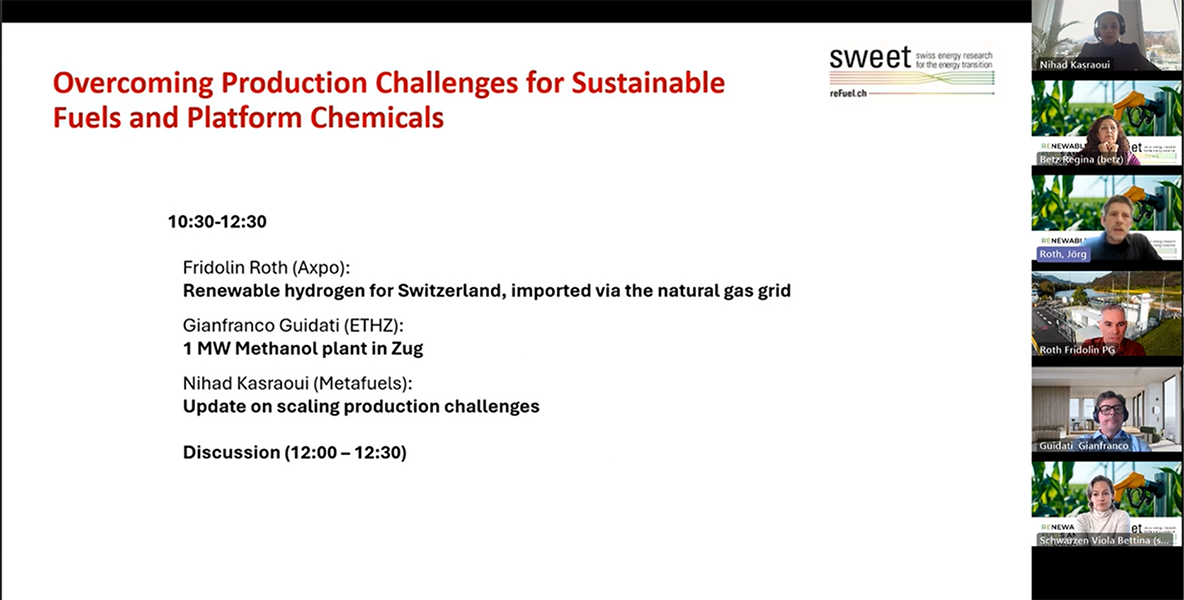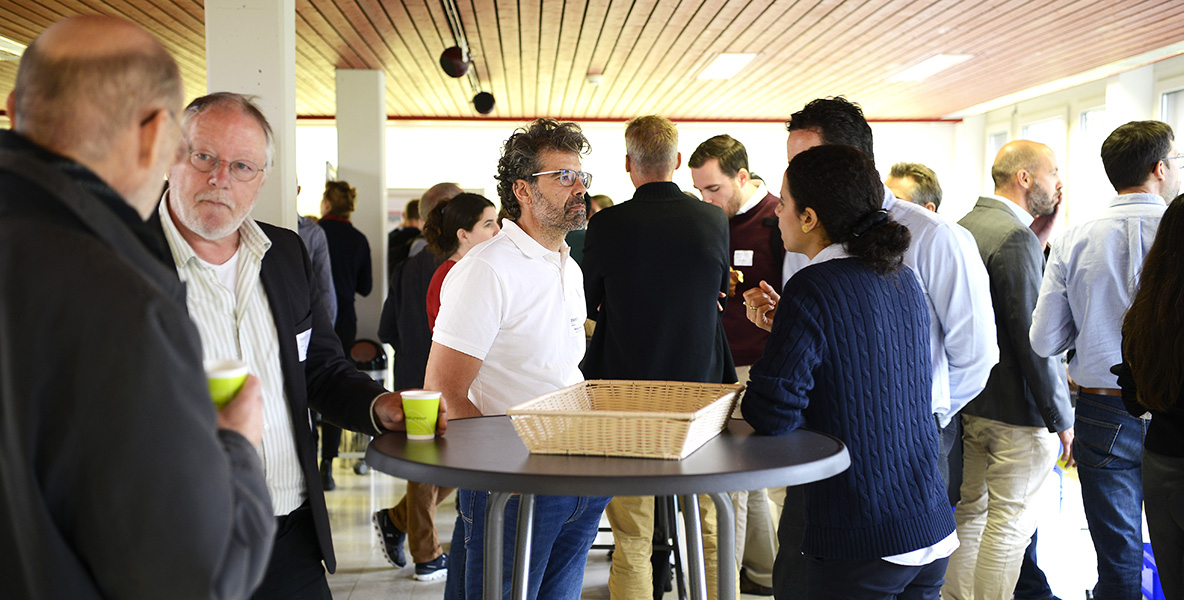Switzerland’s CO₂ Act Aligns with EU's ReFuelEU Rules But Market Readiness Remains in Question

Switzerland’s revised CO₂ Act introduces a binding blending mandate for sustainable aviation fuels (SAF), aligned to the ReFuelEU Aviation regulation of 2% by 2026 and 6% by 2030, with progressively higher yearly minimum shares of synthetic aviation fuels starting at an average 1.2% share in 2030-32 (Annex I ReFuelEU Aviation regulation). Article 28f of the CO₂ Act, further detailed in Articles 92a-b of the CO₂ Ordinance establishes obligations on fuel suppliers, Zurich and Geneva airport operators, and aircraft operators to ensure compliance with SAF blending quotas and deadlines.
More specifically, fuel suppliers must provide and blend SAF in accordance with the mandated minimum shares. Zurich and Geneva airport operators are required to facilitate access to the minimum SAF quotas. Aircraft operators must refuel at least 90% of their annual aviation fuel needs at Zurich and Geneva, or at designated EU airports.
Enforcement and Penalties
Non-compliance triggers substantial penalties (Art. 28g). Fuel suppliers face a financial penalty equivalent to twice the price gap between SAF and fossil jet fuel for any shortfall, plus an obligation to compensate for the missing volume the following year. Airport operators that fail to provide adequate infrastructure incur a fine of CHF 0.50 per departing flight annually, a relatively low sum, amounting to about CHF 65,000 for Zurich. Aircraft operators failing to meet their refuelling obligations must pay twice the average annual market price per tonne of aviation fuel for the untanked quantity. All collected penalties are earmarked to support the expansion and adoption of SAF.
The updated CO₂ Ordinance articles concerning the blending mandate will take effect on January 1, 2026. The ordinance refers to the Renewable Fuels and Combustion Fuels Ordinance (IBTV) for specific definitions of eligible SAF types and compliance verification, including certification via guarantees of origin.
Addressing Competitive Distortions
To prevent competitive distortions, aircraft operators using SAF may be compensated for the higher costs through free allocation of emissions allowances under the Swiss emissions trading scheme (CO2 Act, Article 19a4); this is mimicking the EU ETS provisions.
Market Reality: Ambition Versus Action
Despite a clear regulatory roadmap, discussions at our reFuel.ch roundtable in October 2024 revealed a sobering disconnect between ambition and action. While airlines publicly commit to net-zero targets, there's little indication that they are willing to absorb the current SAF price premiums — beyond the limited supply of HEFA from used cooking oil. Major fuel producers such as Shell remain hesitant to invest in SAF production, citing high costs and claiming unpredictable offtake, despite the strict blending rules of the ReFuelEU Aviation regulation. Exceptions are small start-ups like Synhelion and Solarbelt, but they will not be able to deliver the quantities needed.
Recent developments underscore these concerns. CEOs of four major European airlines have reportedly urged the European Commission to delay SAF mandates due to supply constraints1. This reflects a classic chicken-and-egg dilemma: fuel producers are reluctant to invest in SAF production without guaranteed offtake, while the offtakers (i.e., the airlines) cite insufficient production as a barrier to compliance. Although the European Commission has reaffirmed its SAF targets for now, it remains to be seen whether the political resolve will hold — and whether this will be enough to unlock the large-scale investments urgently needed for SAF production.
Conclusion: A Critical Juncture
The risk is clear: prolonged delays in investment and compliance increase the likelihood that policymakers will be forced to dilute blending mandates and weaken enforcement — jeopardizing the achievement of net-zero targets. For our SWEET consortium reFuel.ch, this means that although regulations are in place and high penalties suggest strong incentives, we cannot take their effectiveness for granted and must account for uncertainties in our modeling of suggested pathways for SAF deployment in Switzerland, as well as reflect those concerns in our policy recommendations.
1: European Airlines Push to Delay Green Fuel Mandate. EU Says No : Link

.jpg)

